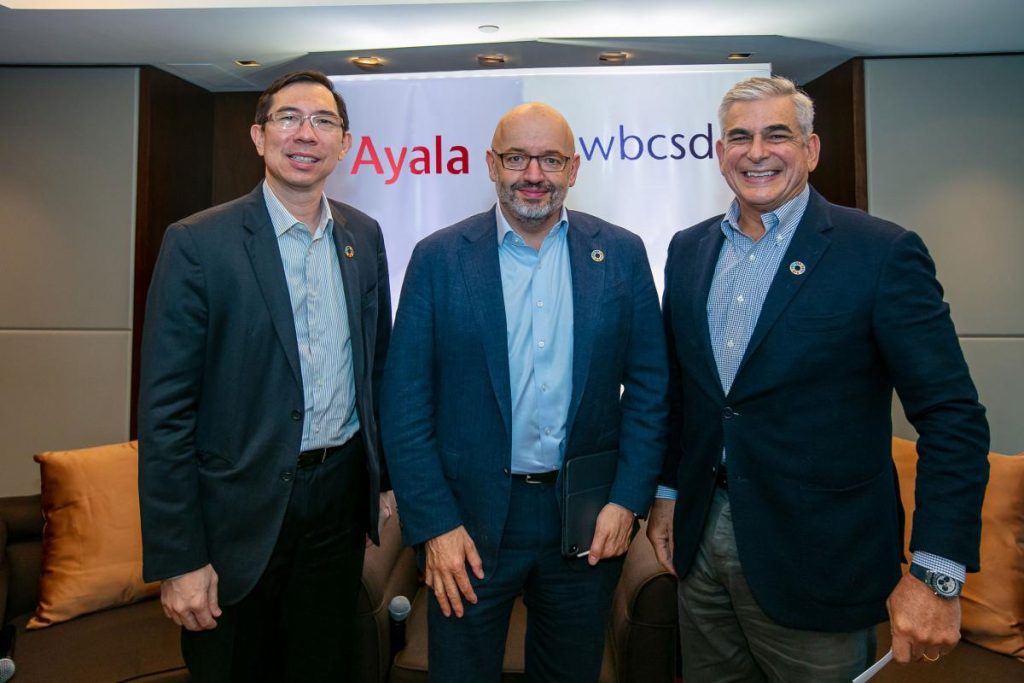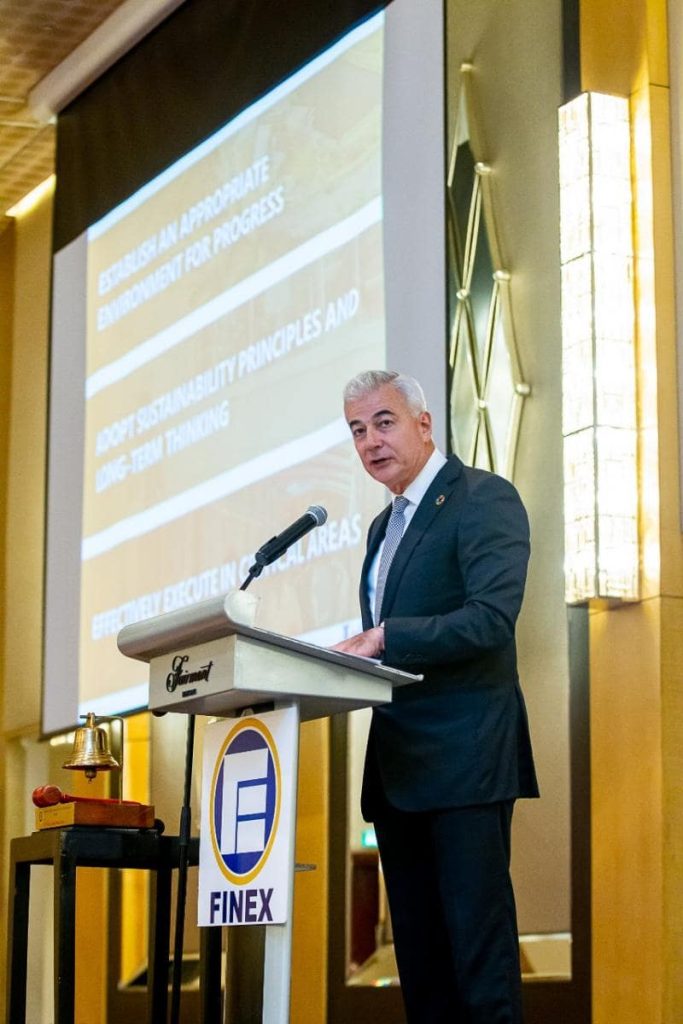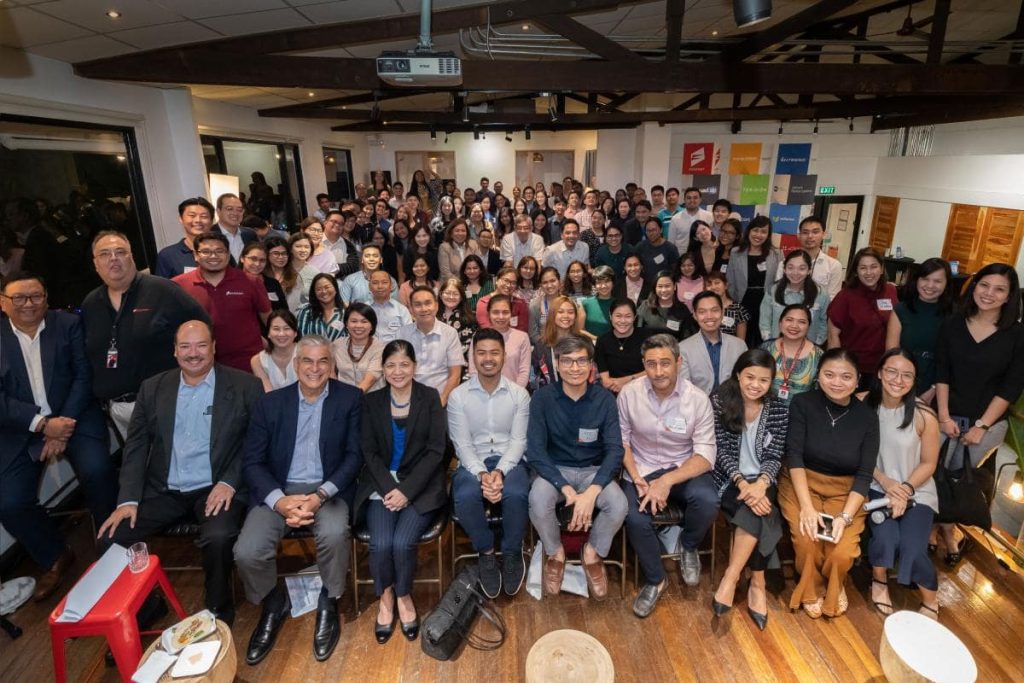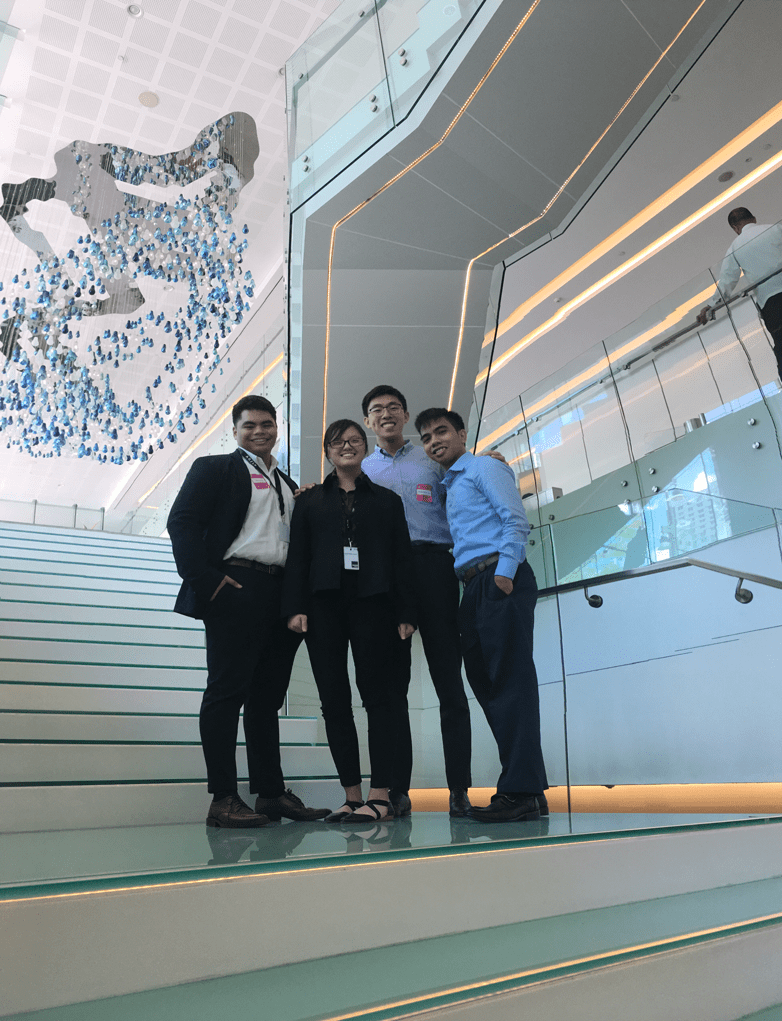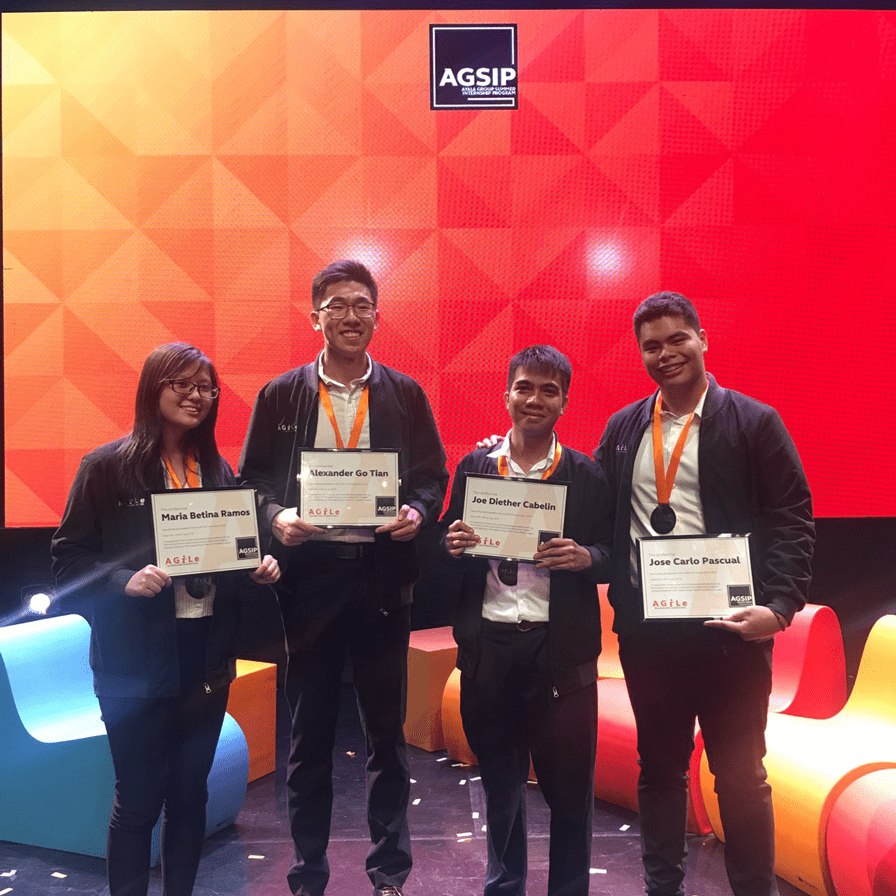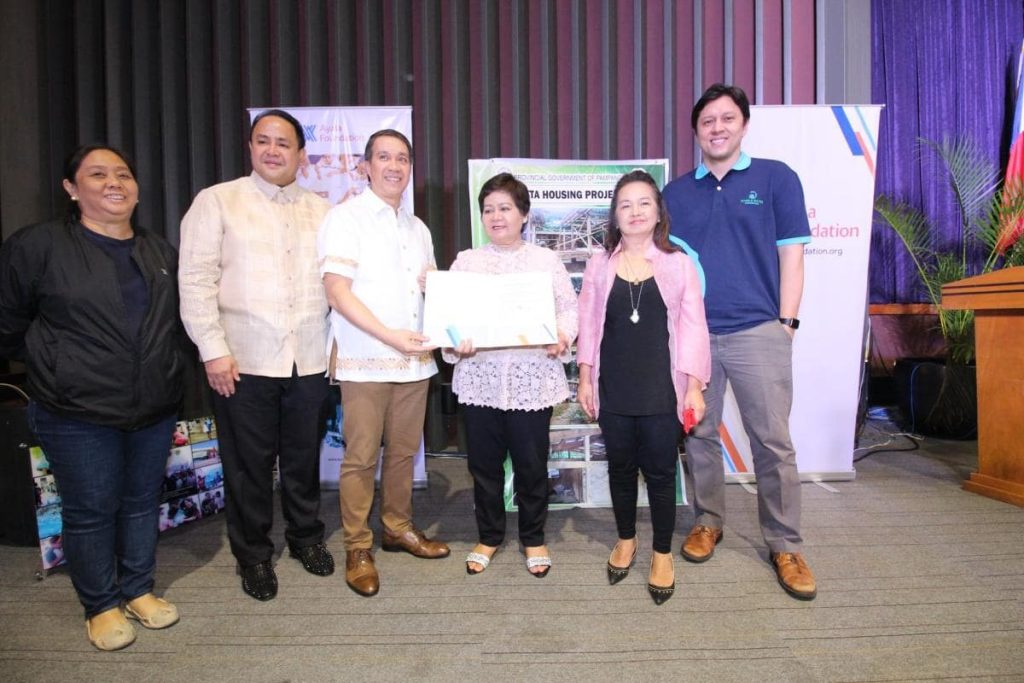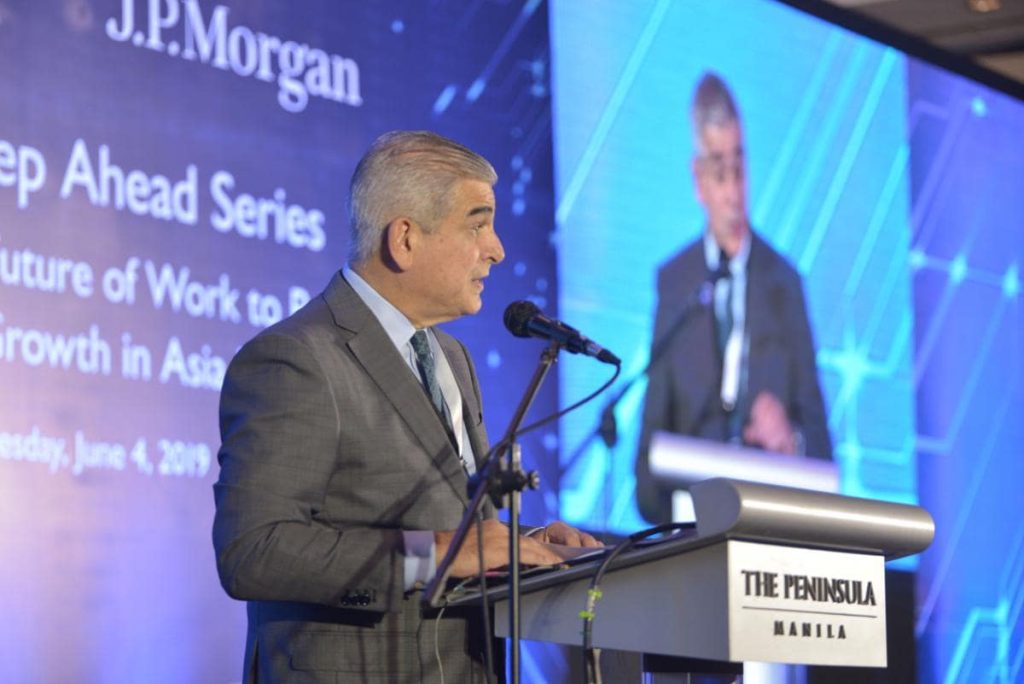Pasay City, Philippines – August 20, 2019 Ayala believes that building sustainability into business strategies, goals and practices would enable companies to grow responsibly while safeguarding their relevance to stakeholders.
Ayala Chairman & CEO Jaime Augusto Zobel de Ayala recently was one of the panel speakers at the United Nations Global Compact Network Philippines’ (UN GCNP) Sustainability Summit 2019, where Ayala was a platinum co-sponsor. At the panel, he placed a special emphasis on integrating sustainability in business strategies because at Ayala, sustainability is key to bridging persistent societal gaps that have excluded many Filipinos. In April 2019, it furthered this integration by launching the Ayala Sustainability Blueprint, a framework that allows each business unit to champion specific United Nations Sustainable Development Goals (UNSDGs) and make significant impact in sectors that would benefit the most. Ultimately, it aims to bridge the Filipino to 2030, where Ayala sees him rooted in a safe, secure, sustainable, inclusive, and progressive country. Ayala, a founding member of the GCNP in 2017, first formally aligned its businesses with the UNSDGs in 2016.
“We designed a long-term Sustainability Blueprint that lays out actionable and measurable targets that address critical environmental, social, and governance gaps that the country faces today. It is specifically designed to support the achievement of the UNSDGs by 2030 that will enable us to be more deliberate in monitoring and evaluating our sustainability targets and allocate resources to these initiatives more appropriately,” said Zobel, who in 2017 was named a UNSDG Pioneer for Sustainable Business Strategy and Operations.
Earlier today, Globe Telecom, Inc. (Globe), Ayala’s telecommunications arm, became the first business unit within the Ayala group to join the UN GCNP. Globe’s sustainability philosophy is anchored on its Purpose of treating people right to do a Globe of Good. Globe focuses its contribution to SDG 9: Industry, Infrastructure and Innovation as the company continues to invest in ICT infrastructure, bringing internet connectivity and digitalization to the Filipino people.
“Integral to our vision of the Philippines as an admired nation is having first world internet connectivity supporting a robust digital economy. We will continue to push forward with innovations that enrich the lives of Filipinos, promote financial inclusion, education, health and wellness, livelihood and so much more,” said Globe Telecom President & CEO Ernest L. Cu.
Since UN GCNP’s formation in 2016, its board composed of founding members Ayala Corporation, Philippine Marketing Association, Landbank of the Philippines, Manila Doctors Hospital, Pilipinas Shell Petroleum Corporation together with board members Nestle Philippines and International Care Ministries, an NGO who has recently joined, has tirelessly pursued a number of firsts in jumpstarting the Sustainability agenda in the corporate world.
It has launched the very first Sustainability Summit in November 2017 at the Philamlife Tower to raise awareness on the challenges of building sustainable businesses in the country. In the same year, an informal round table discussion on a similar topic with Unilever’s Philippine CEO, Mr. Benjie Yap was organized which created a positive impact in the business community. In 2018, Mr. Zobel, who became an SDG Pioneer in 2017, incited the conversation on the long term benefits of looking at sustainability through a business lens at the first-ever CEO SDG Circle Forum in Manila. In the same year, GCNP held the first SDG Reporting Summit at Manila Doctor’s Hall. Today, its founding members jointly call on other private entities to strongly adapt the SDGs in their businesses to help scale faster its global achievement by 2030.
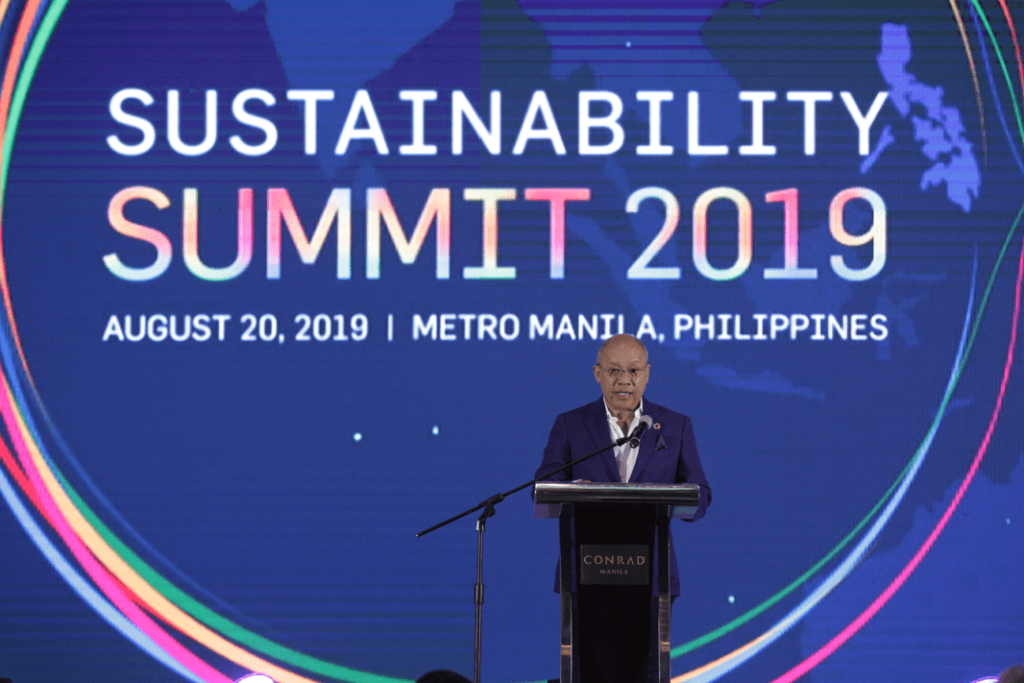
Globe Telecom, Inc. (Globe) was formally welcomed as a participant to the UN GC Network Philippines becoming the first business unit within the Ayala group to become part of the largest sustainability movement for business in the world. Globe champions UN Sustainable Development Goal 9 focused on Industry, Infrastructure and Innovation as the company continues to invest in ICT infrastructure, bringing internet connectivity and digitalization to the Filipino people. “Integral to our vision of the Philippines as an admired nation is having first world internet connectivity supporting a robust digital economy. We will continue to push forward with innovations that enrich the lives of Filipinos, promote financial inclusion, education, health and wellness, livelihood and so much more,” said Globe Telecom President & CEO Ernest L. Cu.
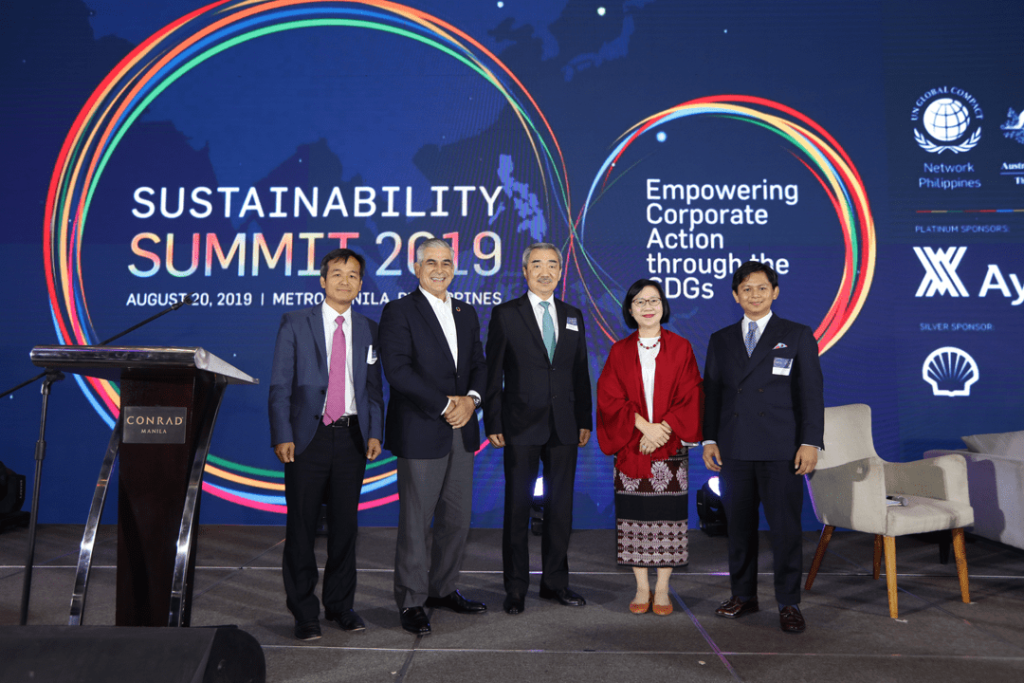
At the United Nations Global Compact (UN GC) Network Philippines’ Sustainability Summit 2019 last August 20, Ayala Chairman & CEO Jaime Augusto Zobel de Ayala joined a panel and shared how the Ayala Sustainability Blueprint allows the group to grow responsibly, remain relevant to its stakeholders and help address persistent societal gaps that affect Filipinos by aligning with UN Sustainability Development Goals. Globe Telecom became the first Ayala company to join the UN GC Network Philippines.
In photo L-R:
Saran Song, AMRU Rice Cambodia Chair & CEO
Jaime Augusto Zobel de Ayala, Ayala Chairman & CEO
Hans Sy, SM Prime Holdings, Inc. Chairman of Executive Committee
Meshvara Kanjaya / President & Director / Ranch Market (Indonesia)
Ericson James Pacaba, Moderator

